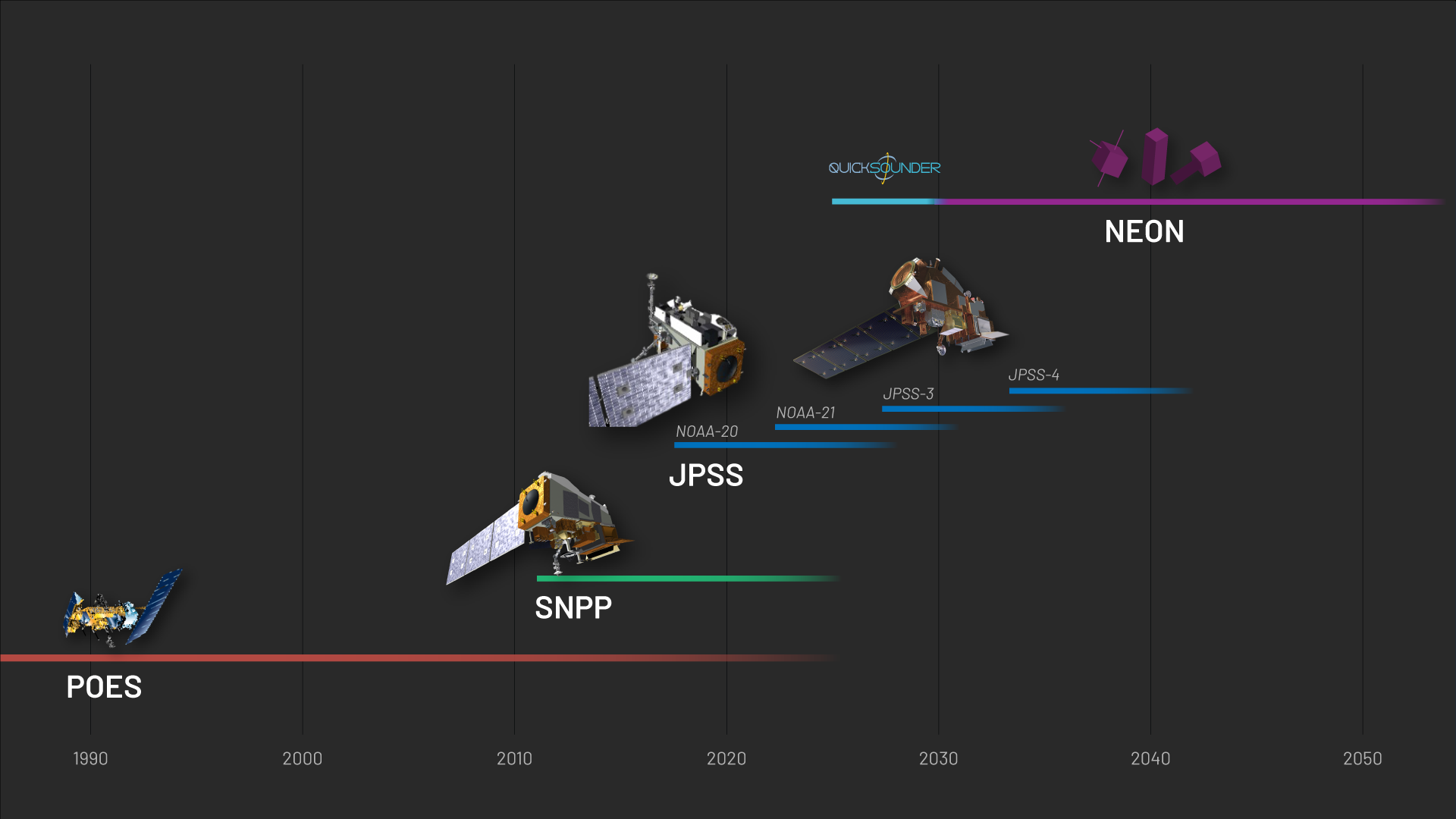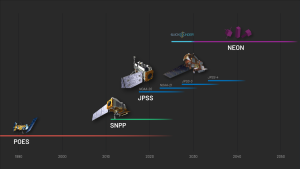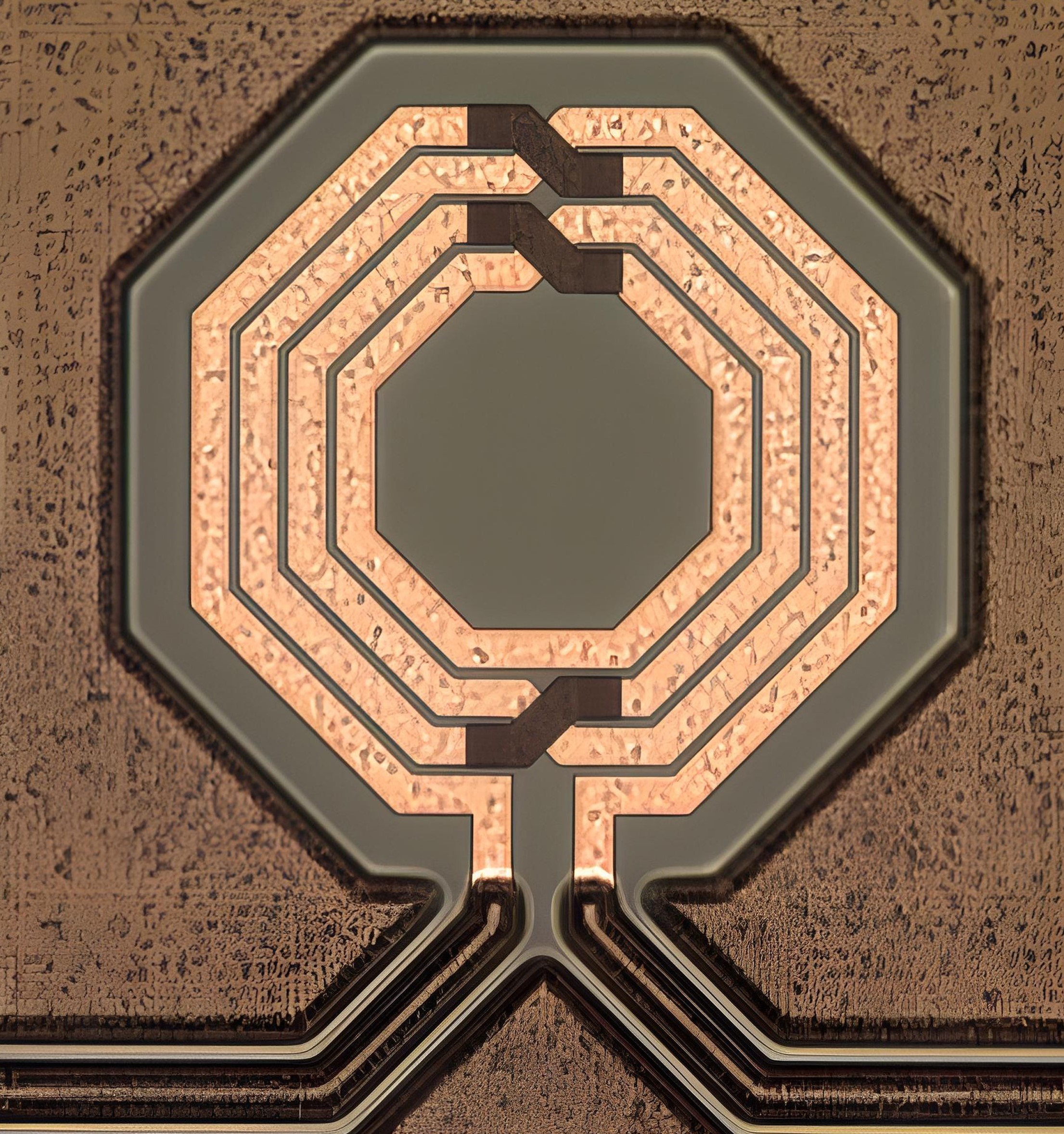
Specifically, the contracts are to conduct NOAA’s Sounder for Microwave-Based Applications (SMBA) Phase-A study. The data to be collected will be used for Earth observation, for insights into atmospheric properties such as temperature, humidity and cloud cover.
The end result of the process is for the chosen SMBA to fly on NOAA’s NEON (Near Earth Orbit Network) series of LEO satellites, which is planned to begin launching in 2030.
The four contractors chosen (and the contract values) are as follows: Ball Aerospace & Technologies ($5 million), Northrop Grumman Systems ($4,995,327), Orbital Micro Systems ($4,996,530) and Spire Global Subsidiary ($4,655,000). For a period of 12 months, the companies will undertake studies and design development, before the mission moves to the next stage.
“The NOAA LEOS program series is facilitating a new phase of Earth observation driven by technology, innovation and a commitment to understanding our planet’s dynamic systems,” said Chuck Cash, Vice President of Federal Sales at Spire. “We’re proud to leverage Spire’s expertise in satellite technology to advance Earth observation and empower meteorologists, scientists and researchers with more precise insights into atmospheric properties.”
NASA will manage the development of the satellites and launch them for NOAA, but the environmental agency will then operate them and deliver data to its own users worldwide. Both the agencies will work with commercial partners to design and build the NEON spacecraft and instruments.
NEON
NOAA’s NEON programme is the latest in a series of Earth Observation systems.
It will first supplement and then eventually replace the agency’s Joint Polar Satellite System (JPSS), with JPSS continuing to operate its series of polar orbiting satellites through the late 2030’s. According to NOAA, NEON “will lay the groundwork for the next generation of LEO satellites long before the final JPSS launch takes place”.
You can read more about the Neon mission here.
See also: Lockheed Martin and Nvidia to develop digital weather twin







